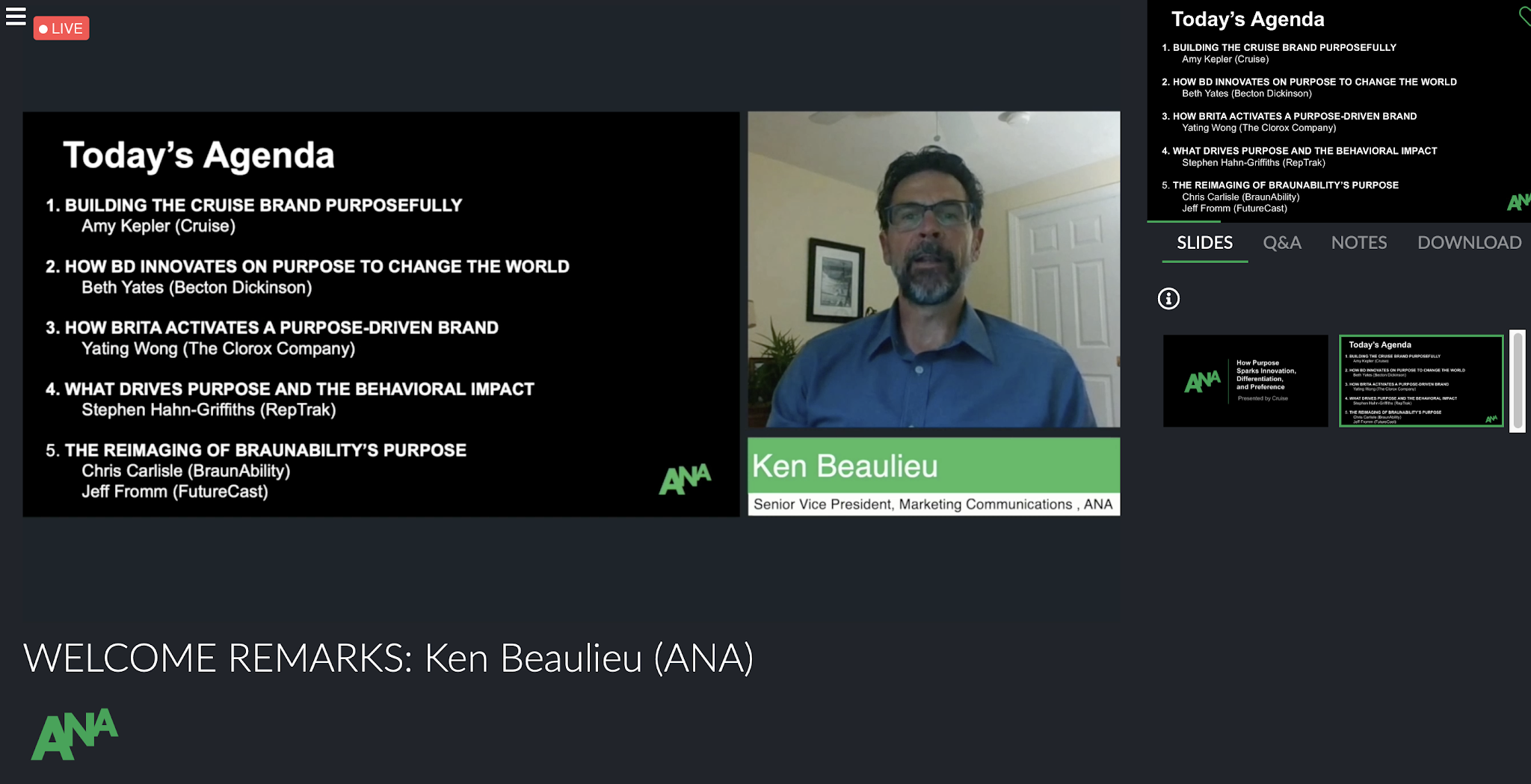Museum of Public Relations 5th Annual Black PR History | Ariel Taub
On January 30, 2020 I attended the Museum of Public Relation’s 5th Annual Black PR history event. As the second speaker pointed out in her introduction, “Black PR pioneers are simply PR pioneers.” However, it was very worthwhile to hear about key, often unaddressed, PR professionals. I enjoyed learning about how active change comes about through social movements and the key role PR has in these movements.
The first speaker, Cheryl Procter-Rogers, drew on first-hand experience to discuss the evolution of the Public Relations industry and who it is comprised of. Procter-Rogers is well accomplished and has been a part of, and witness to, much of the early integration and evolution of black professionals in PR. She spoke of the main requirements involved in creating effective PR; research, planning, execution and evaluation, arguing these can be applied to our lives as well. She shared that, early on in her career, she had not always acted with intention, but overtime came to see herself as either a key witness, supporting character or a lead role in history. Throughout, she encouraged us to think of ourselves in similar terms. As observers and PR professionals we are all helping to create and interpret events.
Procter-Rogers was one of the original black members of the PRSA, or Public Relations Society of America. She was also one of the initial members of BPRS, the Black Public Relations Society, or Beepers. What stood out was her ability to maintain significant relationships with people who were interested in doing, be it through furthering their own careers or empowering others, not patiently waiting for the face of the industry to change. Procter-Rogers concluded by asking us to think about our personal plan, how will we strengthen our storytelling skills? What historical moments have we been part of? What can we contribute to the archives of the Museum of Public Relations? After she spoke, the organizer told us that Proctor’s speech had been recorded and would be preserved in the museum as part of essential oral history, reiterating that we are all active participants and observers of PR history.
Following, was Dr. Denise Hill who confidently took the stage, and proudly introduced herself as a historian, inspiring in her conviction of the necessity of her work. Dr. Hill’s work consists of studying the work done by PR professionals to bring about movements and influence public opinion. For example, press was essential for influencing the Civil Rights movement however this is a largely understudied area. Hill took us through a timeline of events and examined several documents to highlight essential people that have been understudied or omitted, either intentionally or unintentionally. Without these pieces we are missing pivotal information. One of the many people Hill expanded on was Inez Kaiser, the first African-American woman to run a public relations company with national clients. Hill was approached by the Museum of PR after someone won an Inez Kaiser award and very little information could be found on her. At the time, Kaiser was still alive, and they were able to interview her. Kaiser understood that the bottom line of public relations was not just publicity but also to increase sales. Several collected documents with Kaiser’s work mentioned were on display in the room. In addition, Dr. Hill mentioned the role of Motown in US history and the fact that there is no study of the PR done for Motown. In addition, the first African American franchise of 7Up was in 1985, yet there are no studies on what 7Up was doing before this and why it took so long. I was left feeling inspired and motivated to conduct research, to take on a small part of the undertaking.
In addition, I felt inspired to delve into other areas of history that I think about regularly and feel are understudied. One example of something I would like to study further is the adoption of Israel’s essentialism by religious leaders, political leaders and Jewish and secular media in the US. There is very little study on the radical nature of this outlook. In a time when much of the media clamors to cover controversy, regardless of its role in amplifying white supremacy, I think it would be fascinating to learn from public relations history to understand how progressive social change was able to take place.




